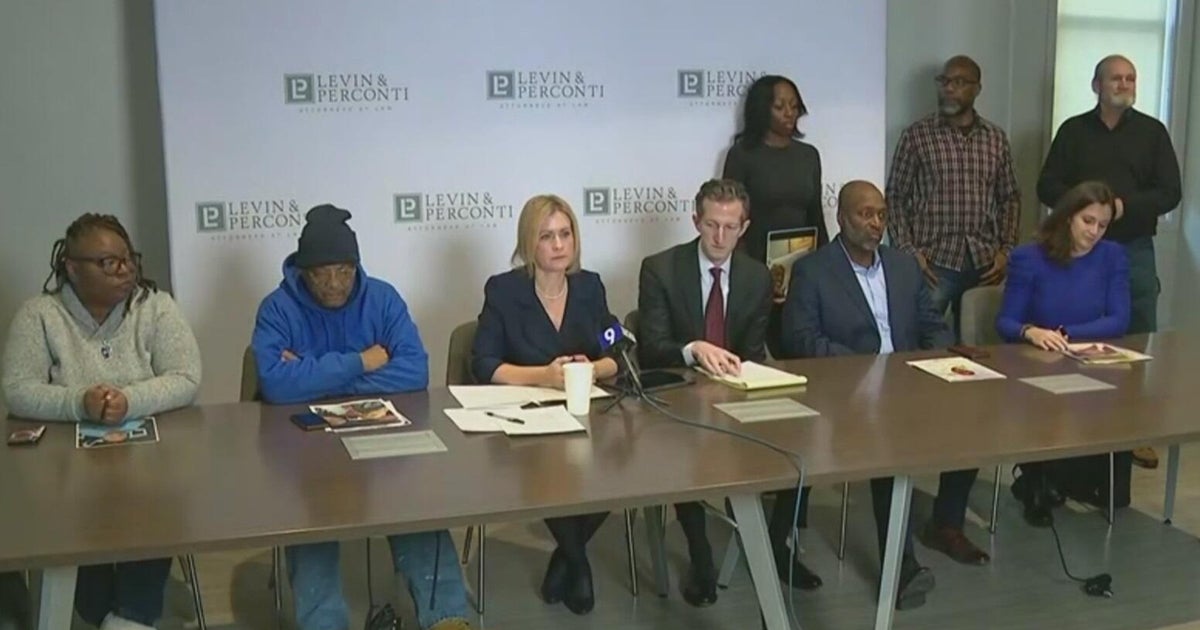Egyptian Christians Seek Refuge In U.S. After Oppression Grows
CHICAGO (CBS) -- The fall of dictator Hosni Mubarak meant freedom for many Egyptians, but not for the nation's Christian minority. It's estimated more than 100,000 Christians fled the increased oppression in Egypt after Mubarak was ousted.
CBS 2's Derrick Blakley talked with newly-arrived Egyptian Christians who are now making Chicago their home.
Maged Daniel, his wife Marian, and their two children fled Egypt for Chicago last October. That was eight months after Mubarak stepped down, and attacks against Christians increased.
"Post-Mubarak, the increase in kidnapping of girls, the increase in abuse of Christians, has increased dramatically," Maged said through a translator. "The fanatics have come out more."
The Daniels are members of the Coptic Orthodox Church, one of the oldest Christian churches on Earth.
Copts always felt discrimination in Egypt, but when Mubarak fell, so did the force that kept the most radical Muslim forces in check.
Egyptian Christian Emad Eskarous said the revolution made things worse for the Copts.
Eskarous came to Chicago three years ago; but his wife, Mary, and their two children have been here less than a month.
"The jihadists that were imprisoned were released from prison. The Taliban that was overseas has now made Egypt one of its homes," he said through a translator. "All of the parliament has been taken by the Muslim Brotherhood. And, so, it's evident that crimes against Copts have increased."
The transition to America isn't easy. Esakrous is a delivery driver. Maged Daniel does occasional construction work. Both struggle to speak and understand English, but they're thrilled to be here.
"There is democracy, there is freedom, and there is respect for all human beings," Daniel said.
Many newly-arrived Coptic Christians are afraid to speak out against the persecution in Egypt, worried about possible reprisals against their families.
And the Coptic clergy is prohibited from commenting on political matters, again, partially out of concern that protests could bring retribution against the church in Egypt.







